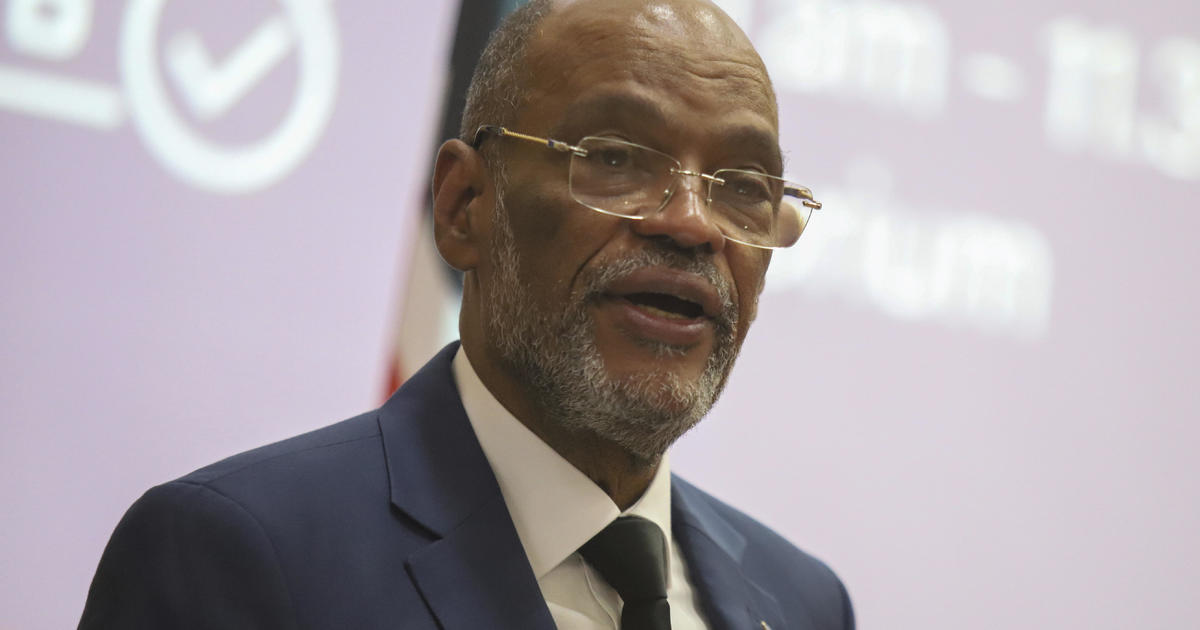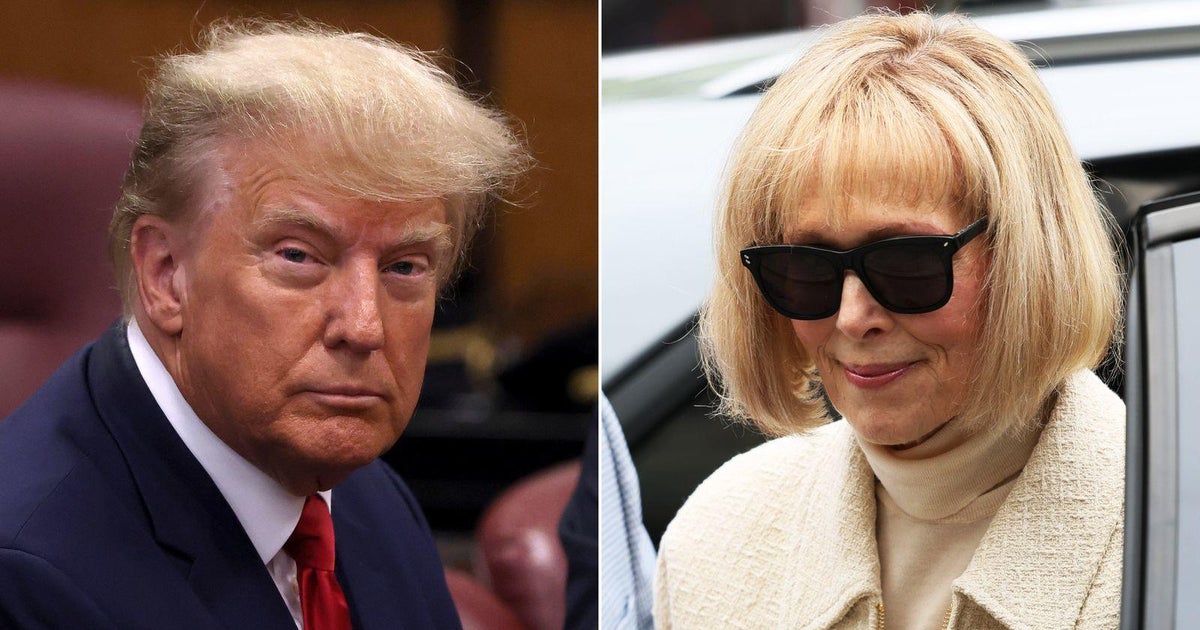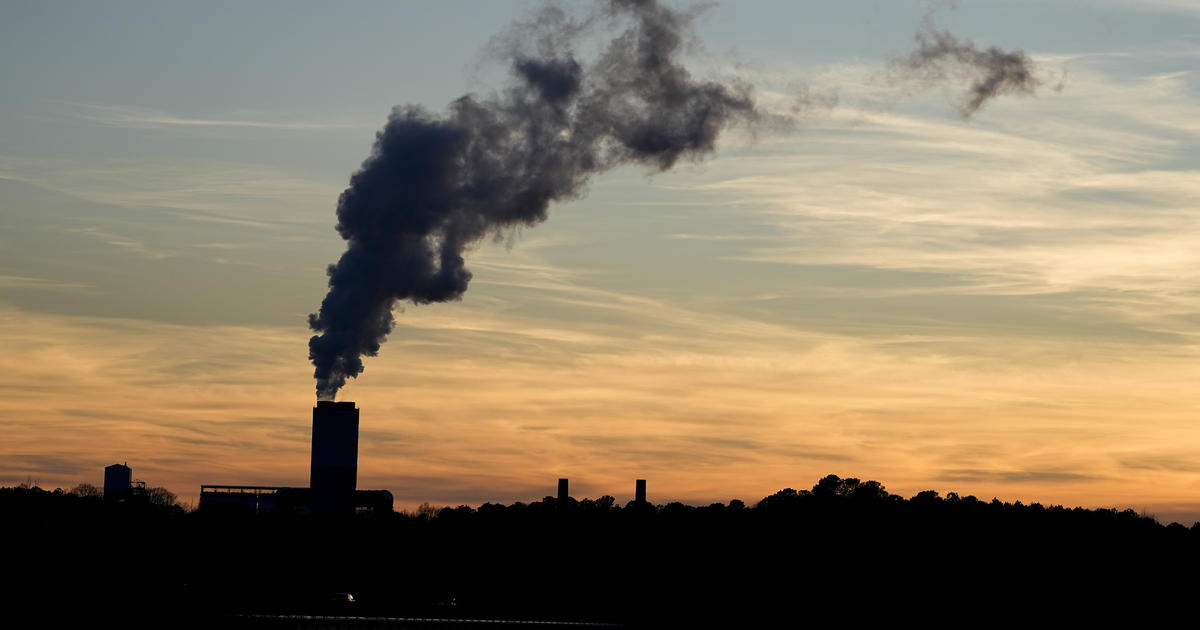Intelligence agencies unlikely to find origins of COVID-19 without cooperation from China
New details released Friday by the U.S. intelligence community reaffirm that its agencies are unlikely to determine the origins of COVID-19, absent new information or greater cooperation from China.
The 17-page declassified report issued by the Office of the Director of National Intelligence offers a window into the breadth and intensity of the intelligence community's efforts to arrive at a firm conclusion about the pandemic's origins, but contains no new insights into exactly how or where the virus first emerged.
As was first revealed in a summary document in August, intelligence agencies coalesced around two theories deemed "plausible" – four agencies and the National Intelligence Council assessed with low confidence that the virus resulted naturally; one assessed with moderate confidence that it was the result of a laboratory-associated incident, possibly at the Wuhan Institute of Virology (WIV).
Analysts also broadly agreed that the virus was not developed as a biological weapon or genetically engineered, and said that Chinese officials were not aware of the virus before the pandemic began. But the intelligence community is unlikely to arrive at a consensus or definitive explanation without "new information" that would likely require China's help, according to the report.
The document released Friday walks through the kinds of evidence analysts evaluated and how it was weighed. Analysts favoring the natural origin hypothesis considered, among other things, Chinese officials' lack of foreknowledge of the outbreak and practices within China that might facilitate zoonotic transmission, including animal trafficking and farming.
Those analysts saw the potential of a laboratory worker becoming inadvertently infected as "less likely than an infection occurring through numerous hunters, farmers, merchants, and other who have frequent, natural contact with animals," the report said.
The agency that favored the lab leak hypothesis emphasized that WIV researchers engaged in "inherently risky" work on coronaviruses, which provided "numerous opportunities for them to unwittingly become infected" with the virus, according to the report. Analysts also factored in public information indicating biosafety practices at the lab were inadequate, "increasing the risk" of a laboratory-associated incident, it said.
It also said that information showing WIV researchers were hospitalized in autumn of 2019 – a detail that spurred new calls for an investigation when it emerged – was "not diagnostic" of the pandemic's origins.
"Even if confirmed, hospital admission alone would not be diagnostic of COVID-19 infection," the report said.
The report lists a number of unanswered questions, including how the earliest cases of the outbreak in China were investigated and what types of wildlife were present in outdoor markets and farms in Wuhan.
An intelligence official said the declassified details were an indication of the analytic rigor that informed the overall assessment, for which agencies engaged with outside scientists in what the official described as unprecedented ways.
Beijing has consistently denied the possibility the virus escaped from the Wuhan Institute, but has resisted international probes into the earliest days of the outbreak.
The virus has killed nearly five million people and infected more than 245 million worldwide since it first emerged.
Work to understand the virus's origins is continuing within the U.S. intelligence community and beyond it, officials have said. Last month, the World Health Organization announced it would convene a new expert group to probe how the pandemic began, but its scientists are not expected to gain new access to Chinese data.



